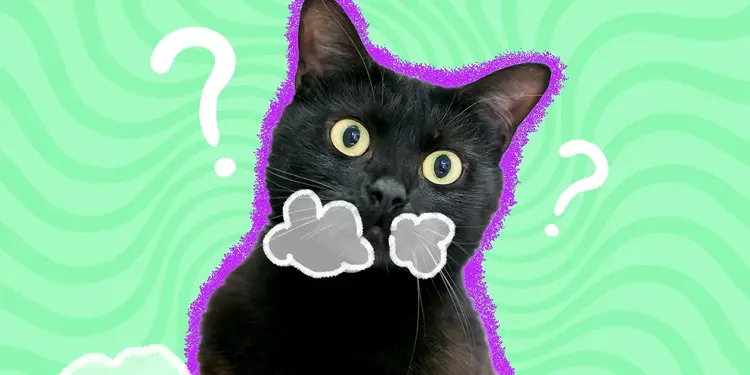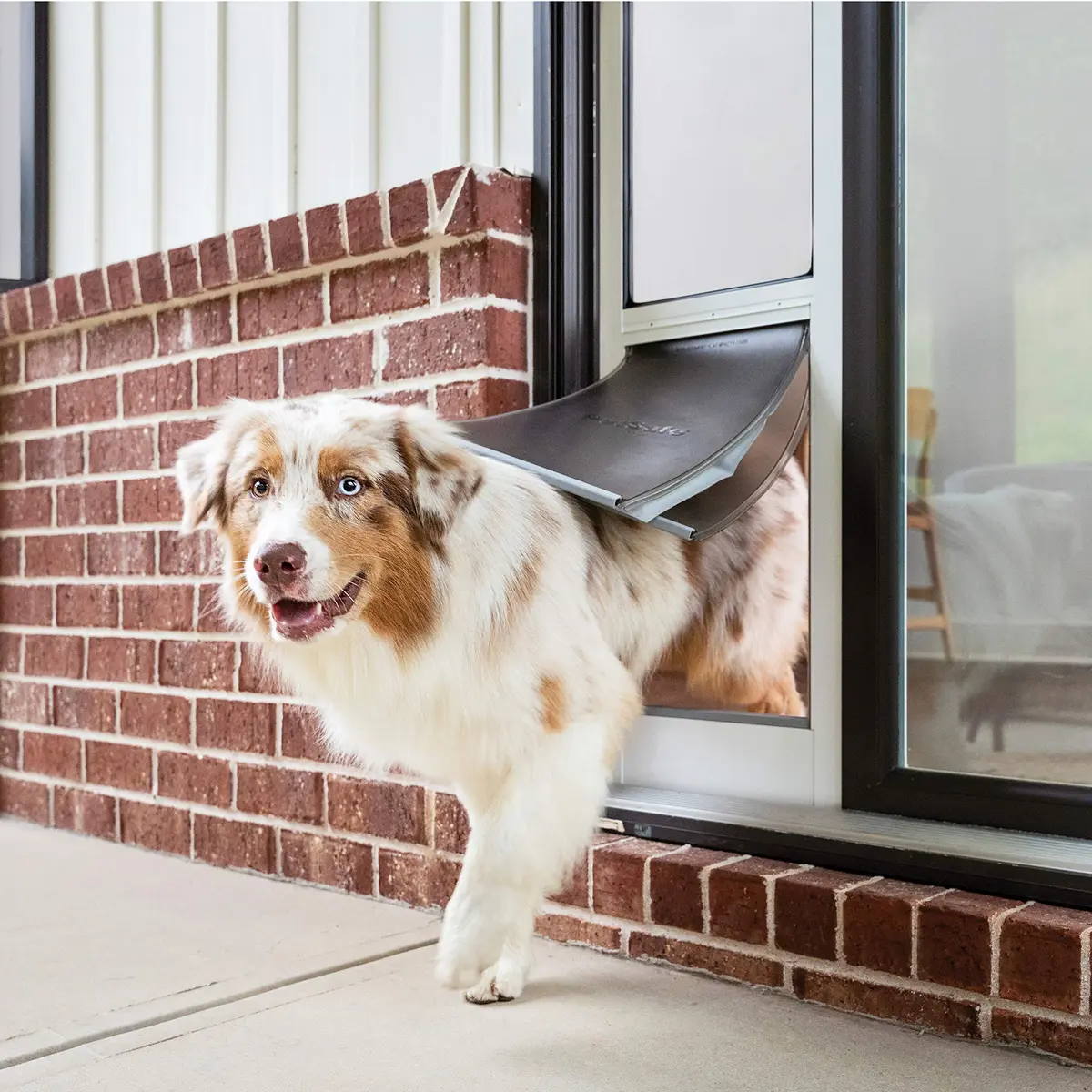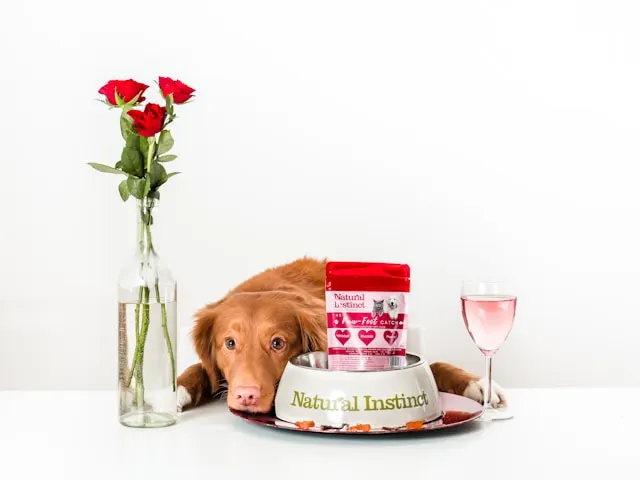Cats occasionally vomit, but when it involves white foam, it may be alarming and confusing for pet owners. While white foam vomit could indicate minor digestive issues, it may also be a sign of something more serious. This guide will help you understand the common causes of white foam vomiting in cats, recognize symptoms that require veterinary attention, and offer practical care tips.
1. Introduction
Vomiting is fairly common in cats, with occasional episodes resulting from minor irritations or harmless hairballs. However, when the vomit is foamy and white, it may indicate a unique set of digestive or environmental issues that need to be addressed. Differentiating between occasional, mild vomiting and symptoms that signal health risks is crucial to ensuring your cat’s well-being.
2. Common Causes of White Foam Vomiting in Cats
Gastrointestinal Issues
Digestive problems are a primary cause of white foam vomiting in cats. When a cat’s stomach is empty for too long, bile and stomach acids accumulate, leading to irritation and white foam vomit. Common gastrointestinal issues include:
- Gastritis: Gastritis is an inflammation of the stomach lining that can be caused by infections, ingestion of irritants, or even stress.
- Acid Reflux: Like humans, cats can experience acid reflux, especially on an empty stomach. This can cause the cat to regurgitate white, foamy saliva.
- Irritable Bowel Syndrome (IBS): IBS can lead to chronic vomiting in some cats, often triggered by food allergies or sensitivities that lead to an irritated gut.
If gastrointestinal issues are chronic, consult your vet for a diagnosis and tailored diet plan that suits your cat’s digestive needs.
Hairballs
Hairballs are a frequent cause of white foam vomit, particularly in long-haired breeds like Persians or Maine Coons. Cats groom themselves constantly, ingesting loose hair that can accumulate in their stomach. Sometimes, hairballs become difficult to pass, leading to irritation and vomiting, with the white foam appearing just before the hairball is expelled.
Diet-Related Issues
Diet can impact a cat’s digestive health significantly, and any sudden changes may lead to an upset stomach. Common diet-related causes of white foam vomit include:
- Reactions to New Foods: Switching your cat’s food abruptly can result in stomach upset and vomiting. Some cats are also sensitive to specific ingredients or additives.
- Eating Too Quickly: If your cat eats too fast, they may regurgitate their food or produce white foam. Special slow-feeding dishes or puzzle feeders can help slow their pace.
- Food Allergies or Intolerances: Food allergies can cause stomach inflammation, leading to vomiting. Speak to your vet if you suspect an allergy or intolerance, as a dietary adjustment may help.
Foreign Objects or Toxins
If your cat has ingested a foreign object (like string, small toys, or plants) or a toxic substance, they may vomit as their body attempts to expel it. Ingesting toxins can also lead to symptoms such as foamy vomit, lethargy, and disorientation. Common household toxins for cats include certain houseplants, chocolate, and medications. If you suspect poisoning or ingestion of a foreign object, seek veterinary care immediately.
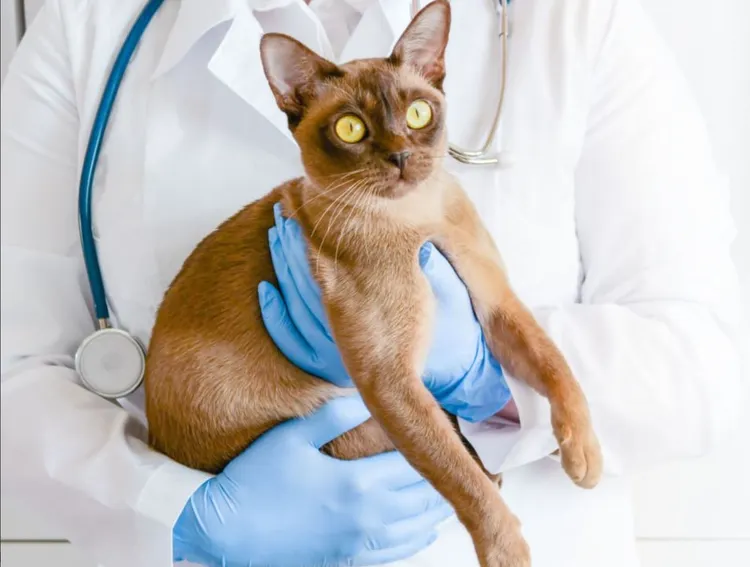
3. When to Seek Veterinary Help
In some cases, vomiting white foam is a minor issue, but it’s essential to monitor your cat for additional symptoms that indicate a more serious problem.
Warning Signs of a Serious Condition
Seek immediate veterinary care if your cat shows any of the following symptoms:
- Lethargy or Weakness: Cats are generally energetic and curious. Lethargy and a lack of response could indicate that the condition is serious.
- Complete Refusal to Eat: If your cat refuses food for more than 24 hours, it’s crucial to involve a vet, as prolonged fasting in cats can lead to liver issues.
- Blood in Vomit: Blood in the vomit can indicate a stomach ulcer or ingestion of a sharp object that has caused internal injury.
- Frequent Vomiting: If your cat vomits multiple times in a day or has chronic vomiting episodes, consult a vet for further examination.
Diagnostic Options
A veterinarian may suggest several diagnostic tests to determine the cause of the vomiting:
- Blood Tests: Bloodwork can help identify infections, organ function issues, and overall health.
- X-Rays or Ultrasounds: These imaging tests help locate any foreign bodies or internal irregularities.
- Endoscopy: In some cases, an endoscopic examination may be necessary to look directly at the stomach lining and esophagus.
The vet may also recommend changes in diet, hydration methods, or medication based on the diagnosis.
4. At-Home Care and Prevention Tips
When managing mild cases of vomiting at home, some dietary and lifestyle adjustments can help prevent further episodes and support your cat’s digestive health.
Diet Adjustments
Feeding small, frequent meals throughout the day helps prevent acid buildup in your cat’s stomach. Cats with sensitive stomachs may benefit from specialized food designed for digestive health. For cats prone to vomiting due to dietary issues, high-fiber diets or novel proteins can reduce irritation.
Reducing Hairballs
Regular grooming is essential to reducing hairball formation, especially for long-haired breeds. Brushing removes loose fur before it’s ingested, reducing the risk of hairballs. Hairball remedies, such as treats or gels that contain fiber, can help the fur pass more easily through the digestive system. Discuss safe hairball remedies with your vet.
Maintaining Hydration
Cats need to stay hydrated to support their overall health and aid digestion. Cats sometimes resist drinking water, so consider adding a water fountain, which entices many cats to drink more. Wet food can also supplement water intake and keep your cat hydrated, especially if they’re prone to vomiting.
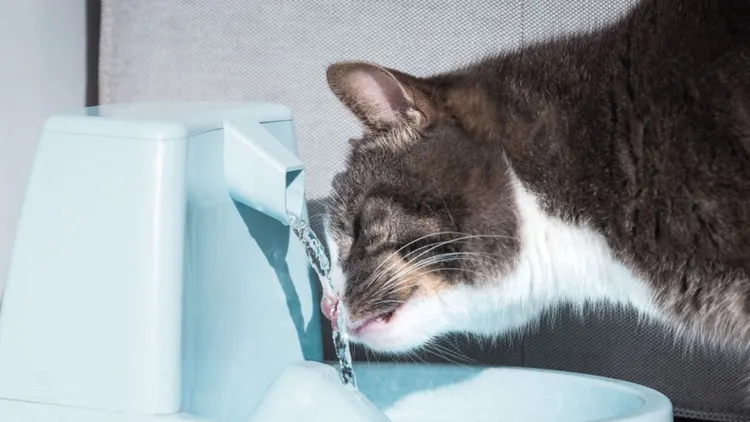
5. Conclusion
White foam vomiting in cats can have various causes, from minor issues like hairballs to more severe gastrointestinal or toxin-related conditions. By closely observing your cat’s symptoms and making simple adjustments to their diet and environment, you can often manage mild cases effectively at home. However, if your cat displays signs of a serious health issue, prompt veterinary care is essential to ensure their well-being.

